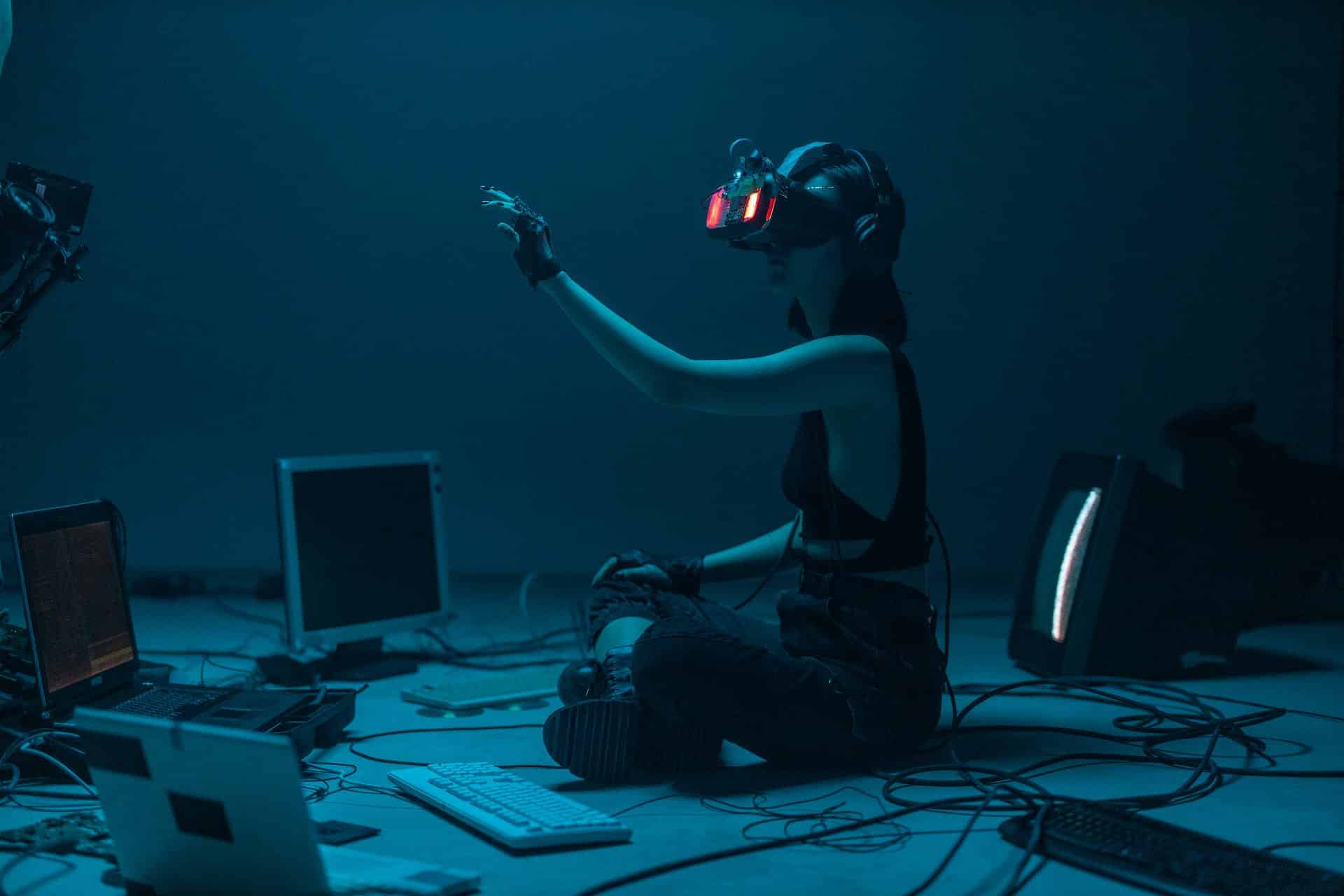The International Monetary Fund (IMF) has dropped a bombshell prediction: It is estimated that about 40 percent of all jobs in the world could become automated within the next few decades. Such a pointed warning sends a wave of fear down the workforce, as people begin to lose visions about mass unemployment and structure their views on future realities. One of the Biggest issue because of technology is AI and human jobs
Although this is considered to be just a march of progress for some, others picture it as an ominous dark future without work. Should we therefore freak out and prepare for robot domination? Does there exist a way around this technological tsunami that can take us to the other side, not as shipwrecked victims but alive and joyful?
The forecast made by the IMF, however, depends on the evolving nature of Artificial Intelligence (AI). In fact, AI is now found in everything from robotics assembly lines to algorithms that process healthcare data. When these once used to be the exclusive preserve of human hands and brains, they are now carried out with cold digital accuracy.
This automation, without a doubt adds to the productivity and efficiency that fuel economic growth. On the other hand, we have job displacement. The Ai and Human jobs most likely to be replaced by robots are those that involve repetitive, data-driven skills; transportation and logistics roles together with work in the manufacturing industry top this list.
The imminent fear of widespread joblessness is the most pressing problem. Consider millions left shipwrecked in a revolutionized employment world. The social and economic effects may be catastrophic, causing dissatisfaction, inequality undermining safety nets.
But depicting the apocalypse limitation to job losses would be a gross misjudgment. History serves as a powerful reminder: Every technological revolution comes with replacing the old jobs by new ones. For instance, the Industrial Revolution decimated positions in manual labor but planted the seeds of factory worker and ultimately service-based economy.
Thus, the real challenge is not about holding on to jobs that are doomed from the start but of preparing for tomorrow’s work. This necessitates a paradigm shift in the way we treat education and training. A skills-based economy requires that traditional curricula shaped within the confines of academia for different disciplinary areas are reformed.
Now, the focus should be on critical thinking, agility and innovation; in fact it is these qualities that AI lacks. Government and academic institutions must cooperate in order to help people gain access to the necessary tools for survival within this new reality.
In addition, AI and human jobs, lifelong learning has to become the standard. However, the skills needed in a rewarding career will always shift as Artificial Intelligence develops. People must learn how to pick up new skills continuously and regularly take on projects that they don’t know much about otherwise, in this fast-changing working environment people will be outdated very soon. This might include the adoption of online learning websites, attaining professional certification or trying out completely new careers.
There is no denying that AI will affect the future of work. However, instead of being afraid , we need to consider this as a chance. With proactive efforts towards the necessary transformations, AI helps to attain a prospering world which is equal and fulfilled for everyone.
This does not imply that robots will do away with all jobs – they won’t. However, by emphasizing the qualities that make us distinctly human, we will maintain our footing in a workforce where robots are colleagues if not competition. However , we do not only compete with machines but also construct the future along their side.
Ai and Human Jobs: Navigating the Future of Work
The convergence of (artificial intelligence) AI and human jobs is an increasingly important issue as the labour market changes rapidly. Automation and AI technologies being embraced by industries create important questions about the future of work. This article discusses the complexities of “Ai and Human Jobs” as mutually dependent entities that can better understand their role in shaping the international labour market.
AI and human jobs and the Landscape of Ai
Ai in the Workplace
Here we discuss the role of AI expanding across industries. Task automation, improved decision-making processes are some of the ways AI is transforming how we work.
Human Resilience Amidst Automation
The uniqueness of the human workforce is highlighted in this section disproving humans being a dispensable factor even after advanced AI.
Challenges and Opportunities
Job Displacement Concerns
With automation increasing, the issue of job loss is highly impending. Assessing the possible threats and providing information about minimizing a negative effect of it on employment.
New Avenues of Employment
Instead of being afraid that they will become unemployed, the inclusion of AI broadens employment opportunities. This section discusses growing functions and sectors portraying an AI-job reciprocity.
Kindly also Check our one more article on : Ai and Human Jobs
Ai and Human Jobs: A Harmonious Coexistence
Human – artificial intelligence Synergy
Using examples of successful human-AI collaboration, highlighting how peace lies in their combined efforts.
Ai and Human Jobs: Addressing Concerns
As AI becomes more common, ethical issues arise. Researching the ethical implications of AI in business as well as how companies can operate effectively within this environment.
Skill Development for the Future
Providing emphasis on continuous skill development so that the employees are equipped with tools for navigating in an AI-driven world.
Frequently Asked Questions
Q: What effects does AI have on conventional job roles?
Traditional job roles are changing as AI automates some of the repetitive and mundane tasks, enabling humans to spend more time on jobs that require abstract thinking.
Q: Is there any industry in which human workers are not likely to be replaced by the use of AI?
Some industries, such as creative arts and caregiving are based on human intuition backed up with emotional intelligence which makes them less vulnerable to full automation by AI.
Q: How can individuals remain relevant in the job market with AI technology innovations?
Constant learning and upskilling is a must. People should develop a growth mindset and look for ways to learn new skills applicable in the evolving job market.
Q: Which measures can businesses implement to ensure ethical use of AI in the workplace?
By introducing clear guidelines and ethical frameworks, as well as ongoing AI responsible use training, companies can achieve proper ethics in integrating AI into their processes.
Q: Will AI take away all human jobs or Ai and human jobs in the future?
Such as while AI may automate some activities, human touch is unreplaceable in many cases allowing both to coexist instead of one replacing the other.
Q: How much influence does government policy have on the development of Ai and Human Jobs in terms of their future?
Governments are key players in crafting policies that promote the ethical use of AI, uphold workers’ rights and ensure creativity in the workplace.
Conclusion:
In conclusion, the dynamic relationship between AI and human jobs presents both challenges and opportunities. Embracing change, fostering collaboration, and addressing ethical considerations are key to ensuring a harmonious coexistence in the evolving world of work.


